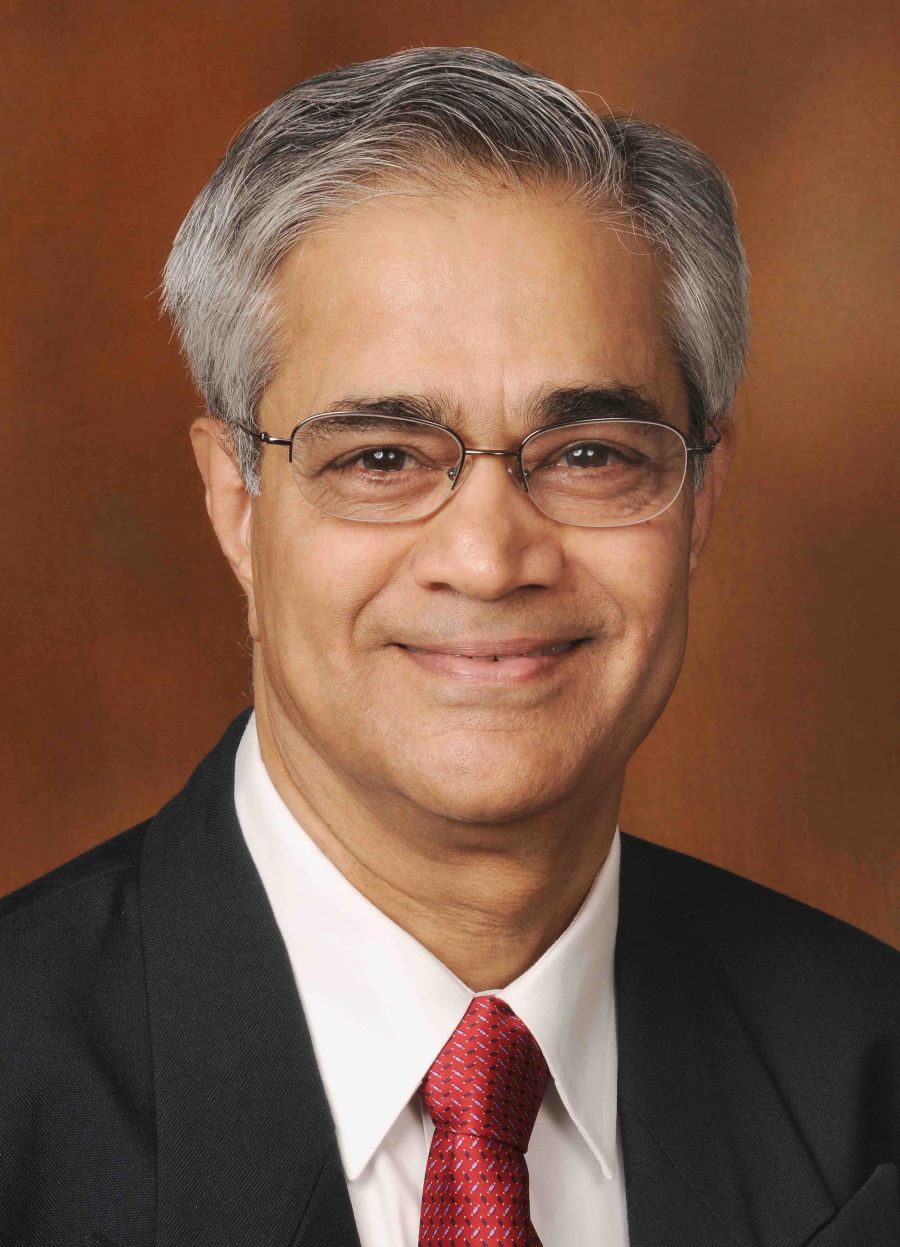Transform school education, alleviate opioid crisis
India and the U.S. must rethink education to tackle the opioid crisis by fostering emotional excellence through yogic practices in children.
 Stock image. / istock
Stock image. / istock
There are compelling reasons for an out-of-the-box thinking on how we are educating our schoolchildren, both in India and in the United States, and it is prompted by the Opioid crisis in both countries:
Scenario in India
In the Journal of Public Health, Is there an opioid epidemic in India? authors Bhrigupati Singh and Ravindra Rao write, “The 2019 study showed that the prevalence of opioid use in India is three times the global average. About 2.1% of India’s population uses opioids.”
The Journal of Public Health is a publication of Oxford India Center for Sustainable Development. Estimates of the cost of Opioid crisis in India aren’t easily available but it must be billions of dollars.
Scenario in the United States
In October 2017, President Trump declared the opioid crisis a public health emergency. The U.S. Department of Health and Human Services announced that Secretary Robert F. Kennedy, Jr. renewed the public health emergency declaration on Mar. 18, 2025.
In September 28, the Joint Economic Committee estimated the opioid epidemic cost the United States nearly $1.5 trillion in 2020 alone—up 37% from 2017.
Schoolchildren grow up and some of them become leaders but remain ignorant thus perpetuating the problems.
The US News and World Reports reported not long ago on President Trump’s remark, U. S. is dead last in education.
Against this background, a novel approach to transforming school education is presented that will alleviate the Opioid crisis saving billions in both countries while delivering myriads of other benefits, and it is not about curricular revision.
The elephant in the room is emotional excellence. Human beings are endowed with two types of emotions: positive emotions and negative emotions.
Positive emotions include unconditional love, kindness, empathy, compassion while negative emotions encompass anger, hatred, hostility, resentment, frustration, fear, sorrow and the like.
Emotional excellence refers to the capacity of an individual to remain centered in the face of extenuating circumstances that are part of life.
The Pursuit of positive emotions at the exclusion of negative emotions for a higher level of emotional excellence is not an intellectual exercise; the required positive changes must come from within.
Products of reason cannot bring about such changes from within.
The pursuit of higher levels of emotional excellence is a well-posed scientific problem since emotions can be measured and the process with which to bring about positive changes from within is meditation known for thousands of years.
This means that it is necessary to transcend reason for success.
Also Read: Why Transcend Reason?
Yogic practices bring about positive changes from within for a higher level of emotional excellence. Specific yogic practices can also enhance intuition.
Example 1
Universal Peace Foundation founded by Guru Mahan conducts a seven-day yoga program which goes by the name Aha Dharana, Tamil for Inner Focus, for children between 6 – 14 years of age that brings about a tremendous rise in intuition and emotional excellence.
I have seen a live demonstration of the program in 2018. Parents have told me that the children’s academic performance and interpersonal relationships both improved after the program.
Gurumahan suggests that Aha Dharana training program will deliver the intended outcomes for children because their melatonin levels are high. In yogic thinking, enhancing melatonin levels opens up the third eye, the eye of intuition.
Melatonin levels decrease with age and therefore it may be difficult to reproduce these results in adults. Gurumahan suggests that these children are less apt to fall prey to addiction in adulthood.
Example 2
Relatedly, eleven-year old Vanshi Chauhan demonstrated to Bollywood superstar, Amitabh Bachchan on his hugely popular TV program Kaun Banega Crorepati with Amitabh Bachchan that she could read from a book Sony Entertainment Television team provided, blindfolded.
Example 3
Renowned yoga guru, Sri Sri Ravi Shankar. Founder, Art of Living Foundation, has been giving discourses on “the sixth sense.”
In the video She Can Read Mind? Real Interview with an Intuitive Child, Portuguese podcaster Rodrigo Canelas asks a child to perform tasks blindfolded and then asks Art of Living instructor and her mother, Shreya Chugh to explain the fundamentals.
Example 4
Suhani Shah is said to be the most subscribed mentalist who can read someone’s mind. Of the many video clips on YouTube, there is one in English wherein she asks the Chess World Champion, Gukesh to think of a move on the chessboard, and second, to think of the name of someone and she correctly guessed both. See this video clip.
These yogic programs will enhance the emotional excellence of children, endowing them with intuition while delivering myriads of benefits; improved academic performance and better interpersonal skills. The children are likely to sustain these benefits in adulthood provided they keep up with the practices regularly. Finally, intuition is important to leadership as leaders are often called upon to make split-second decisions at a moment’s notice.
The author is Professor Emeritus and former Chairman of the Chemical Engineering Department at the University of Louisville. He is also president of Six Sigma and Advanced Controls based in Louisville, Kentucky.
(The views and opinions expressed in this article are those of the author and do not necessarily reflect the official policy or position of New India Abroad.)
ADVERTISEMENT
ADVERTISEMENT
E Paper
Video

 Pradeep B. Deshpande
Pradeep B. Deshpande

.jpg)

.jpg)



.JPG)


Comments
Start the conversation
Become a member of New India Abroad to start commenting.
Sign Up Now
Already have an account? Login